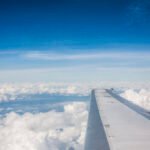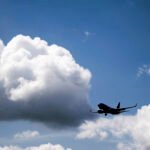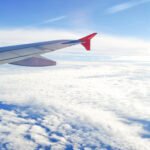Categories
The Hidden World of Cockpits: A Pilot’s Perspective on Modern Flight
When you think of aviation, the first images that might come to mind are sleek aircraft soaring through azure skies, passengers basking in comfort, or even the bustling activity at an airport. However, there’s a hidden world that many overlook—the cockpit. It’s a sanctuary of technology, training, and skill where pilots transform dreams of flight into reality.
In today’s aviation landscape, technology plays a pivotal role in shaping how pilots are trained and how they operate. Simulators have advanced beyond simple graphics and basic functions; they now offer immersive experiences that closely mimic real-life flying conditions. High-fidelity simulators replicate everything from turbulence to emergency scenarios, allowing aspiring aviators to hone their skills without ever leaving the ground. These simulators not only save time and resources but also provide invaluable training for managing unexpected situations.
For those looking to dive deeper into aviation knowledge, numerous blogs and websites cater to enthusiasts and professionals alike. Among the top choices are **AirlineReporter**, which offers insights directly from industry insiders, and **The Aviation Herald**, known for its detailed accident reports and safety analysis. Social media platforms like Instagram feature accounts such as @flywithcaptainmike showcasing stunning aerial views alongside pilot experiences. On Twitter, follow @AviationWeek for the latest industry news and trends.
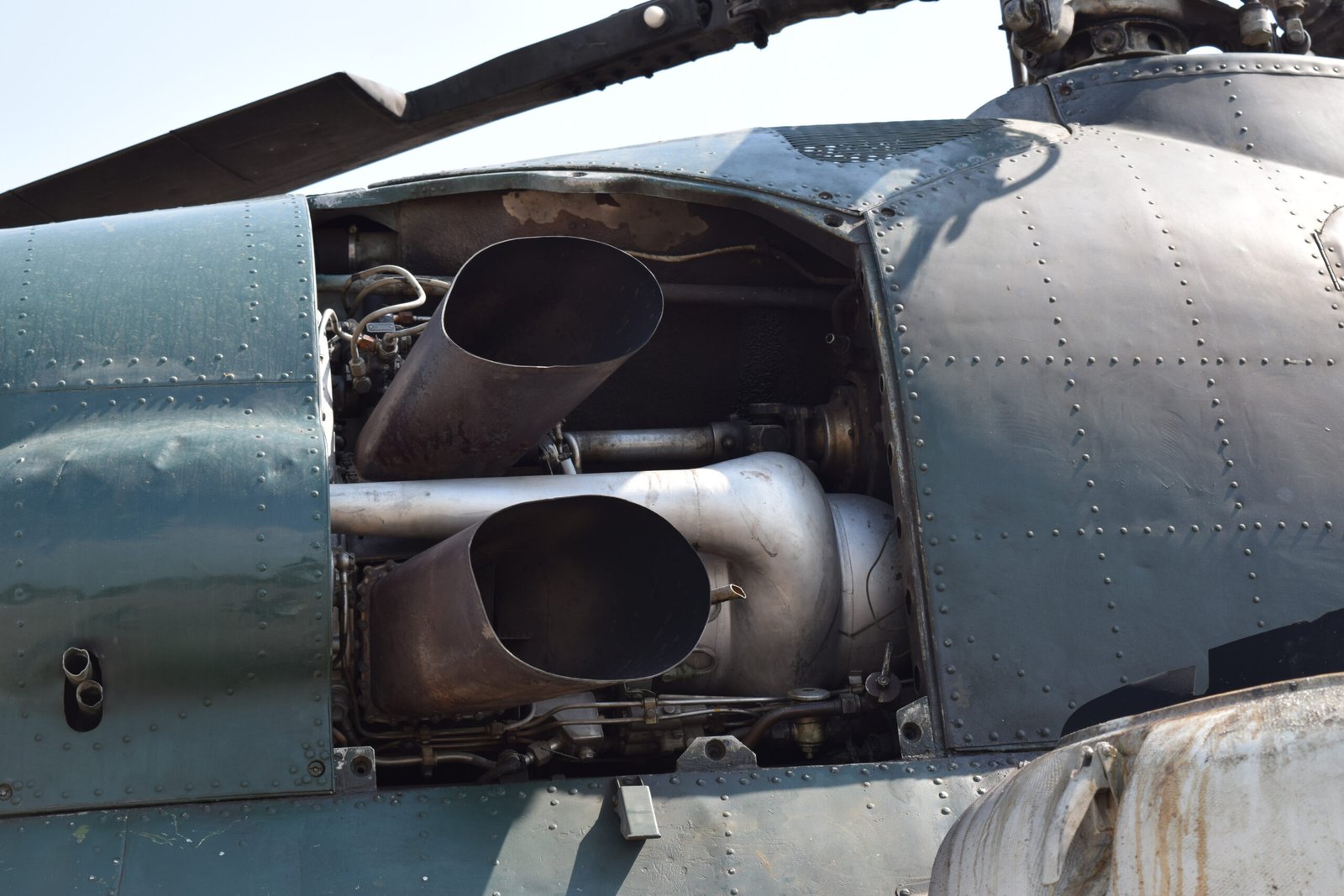
Additionally, online courses have revolutionized how we approach learning about aviation. Ground schools like **King Schools** or **MZeroA** provide comprehensive programs covering everything from private pilot licensing to advanced instrument ratings—all accessible from your living room! Many of these courses combine video lessons with interactive quizzes ensuring that students grasp complex subjects effectively.
As the demand for qualified pilots continues to rise in the face of increasing air travel, job opportunities abound across various sectors—commercial airlines, cargo carriers, charter services, or even corporate jets. Organizations such as **Pilot Career Center** offer up-to-date job listings while providing resources for crafting resumes tailored specifically for aviation roles.
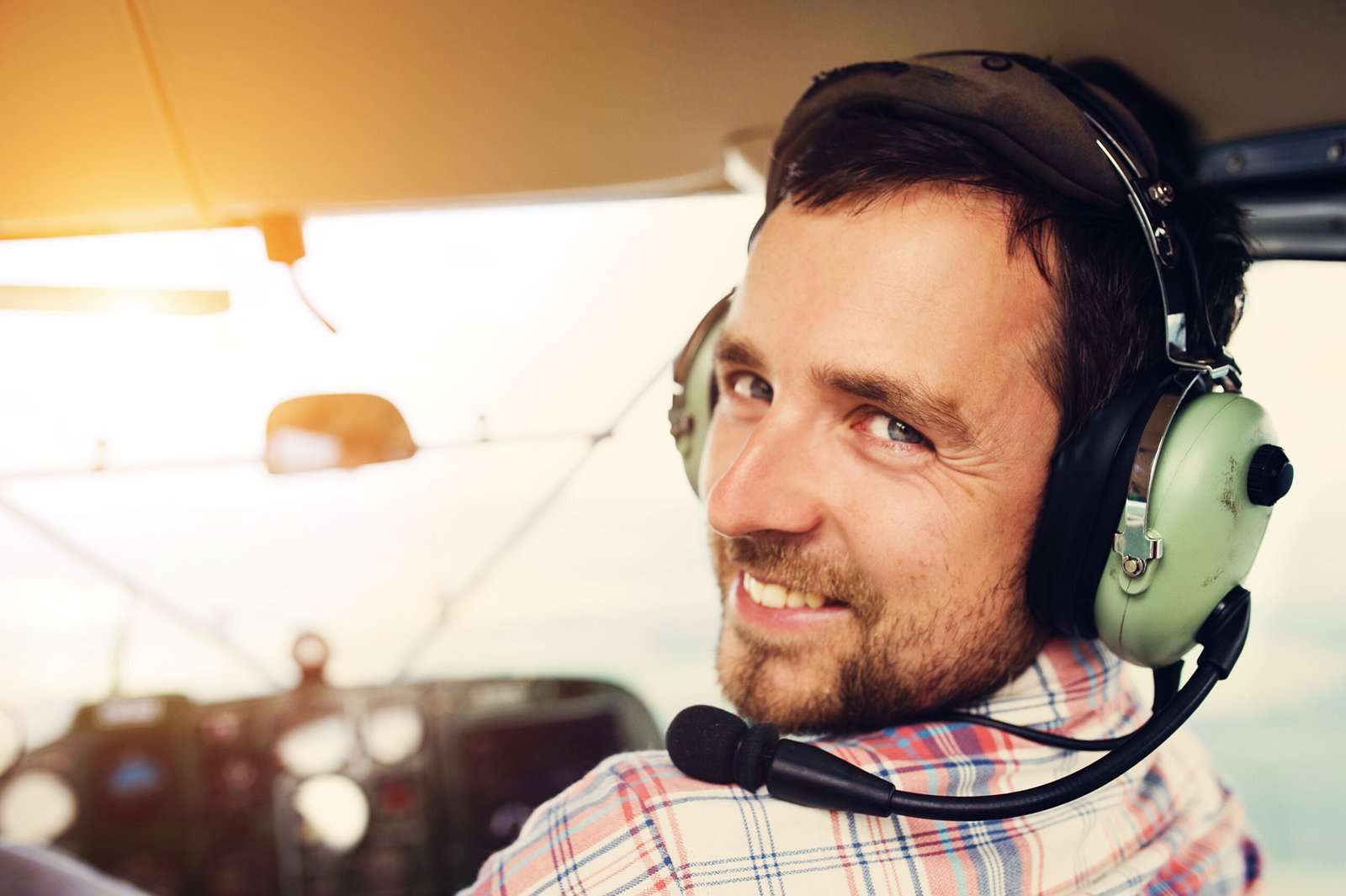
With technological advancements reshaping our skies further still is the emergence of drones—unmanned aerial vehicles (UAVs) changing everything from agriculture to photography. Drones are being integrated into commercial operations more than ever before; this means new career paths are emerging within this niche market! For those intrigued by drone piloting, consider exploring certification options through resources provided by organizations like the FAA or specialized drone schools.
Navigating regulations is crucial in both manned and unmanned flight operations. The Federal Aviation Administration’s website is a treasure trove of information—from rules governing pilot certifications to updates on airspace regulations affecting all operators. Bookmarking essential links can simplify staying informed on regulatory changes that could impact flying careers or hobbyist pursuits alike.
In conclusion, aviation is more than just flying; it’s about mastering a blend of technology and skillset that evolves continuously with modern demands. The cockpit encapsulates this journey—a place where rigorous training meets cutting-edge innovation—and it beckons those ready to take on the challenge. Whether you aspire to become a professional pilot navigating traditional routes or explore emerging fields like drone operations, there’s never been a better time to step into this exciting realm!
Navigating the Clouds: The Science Behind Modern Aviation
In today’s rapidly evolving world, aviation is at the forefront of technological innovation, blending science and artistry to create a seamless travel experience. From the moment a pilot steps into a cockpit to the thrilling ascent into the sky, modern aviation is an intricate tapestry woven with precision, training, and cutting-edge technology.
One of the most remarkable advancements in aviation is the use of flight simulators. These sophisticated tools allow aspiring pilots to hone their skills without ever leaving the ground. Simulators replicate real-world flying conditions with astonishing accuracy—from handling turbulence to navigating complex air traffic scenarios. This immersive training not only builds confidence but also ensures that pilots are well-prepared for any situation they might encounter in the air. Institutions like Embry-Riddle Aeronautical University and Purdue University offer comprehensive programs where students can train using state-of-the-art simulators, merging theory with hands-on experience.
For those looking to immerse themselves further into the world of aviation outside formal education settings, numerous blogs and websites serve as invaluable resources. Noteworthy platforms include:
1. **Airliners.net** – A community-driven site where aviation enthusiasts discuss everything from aircraft spotting to airline reviews.
2. **The Points Guy** – A blog focusing on maximizing travel rewards, which often delves into airline news and updates.
3. **AvGeekery** – An online magazine dedicated to all things aviation culture, offering insights from industry professionals.
4. **Flying Magazine** – Provides articles about flying techniques, aircraft equipment reviews, and personal stories from pilots.
Social media has also become an essential medium for connecting aviators around the globe. Platforms like Instagram showcase stunning aerial photography through hashtags such as #aviationlovers or #pilotlife, while Twitter hosts discussions on current events impacting air travel.
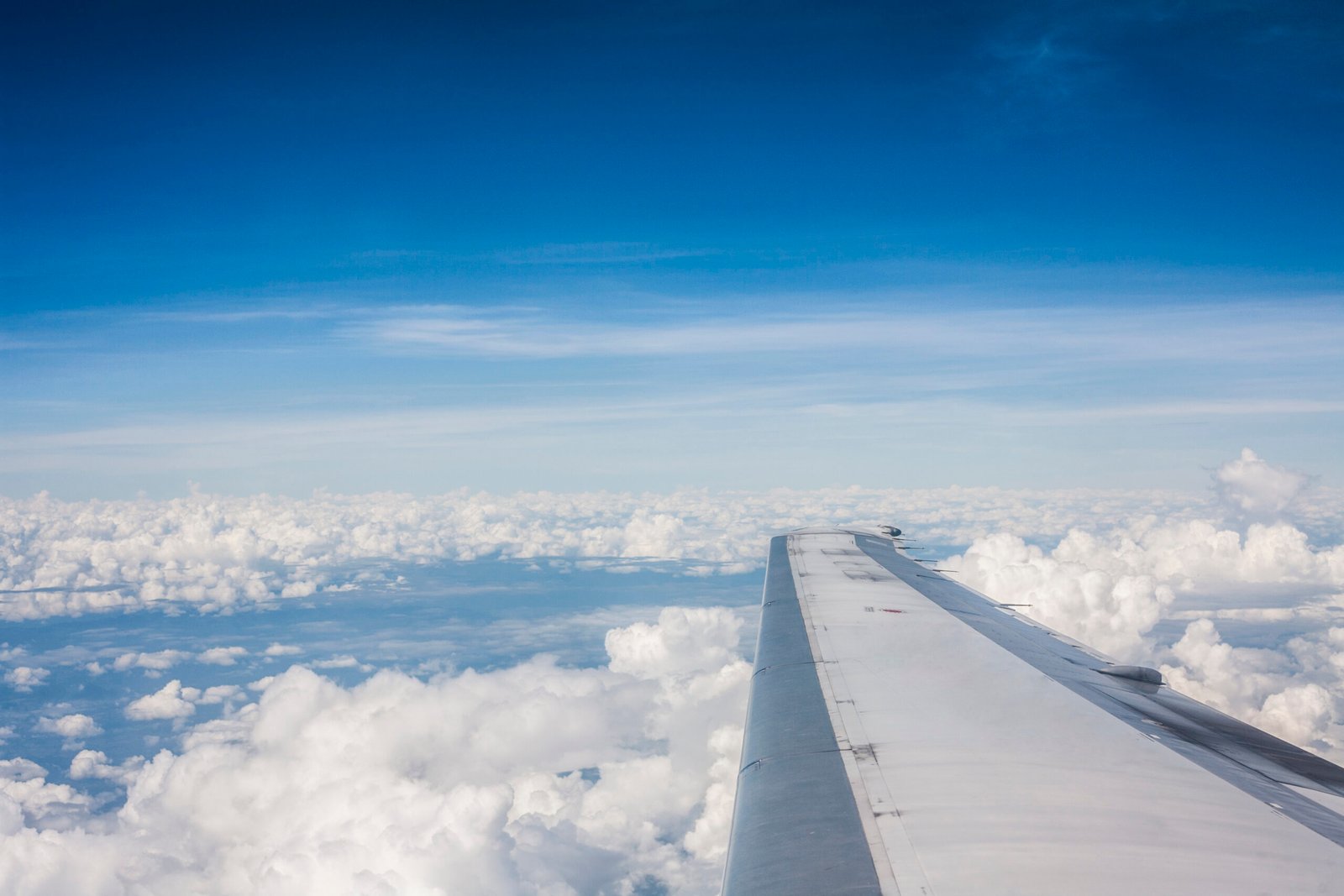
Additionally, numerous online courses and ground schools cater to various levels of interest in aviation. Websites like Udemy and Coursera offer tailored programs ranging from basic aerodynamics to advanced navigation techniques—perfect for anyone wanting to dip their toes into this fascinating field or professionals seeking continuing education credits. For those aiming for a pilot career path, obtaining a private pilot license (PPL) usually requires both ground school instruction and actual flight time under supervision.
As technology advances beyond traditional piloting methods, drones have emerged as another exciting frontier in aviation. From recreational use capturing breathtaking aerial footage to commercial applications delivering packages or performing inspections over vast landscapes, drones are revolutionizing various industries. The FAA regulates this burgeoning sector closely; thus understanding FAA guidelines is crucial for anyone interested in operating these unmanned vehicles legally.

To navigate these regulations effectively or explore job opportunities within aviation—be it piloting or drone operation—the FAA provides essential links through its official website [FAA.gov](https://www.faa.gov). Job seekers can find resources including guidance on how to become a commercial pilot or information about careers such as air traffic control.
In conclusion, modern aviation harmonizes technology with rigorous training processes that ensure safety and efficiency in our skies today. Whether you’re an aspiring pilot keen on mastering simulators or simply someone intrigued by drones’ potential impact on our daily lives—there’s no shortage of resources available at your fingertips! Embrace your passion for flight; who knows where it might take you?
Sky High: The Evolution of Aviation Technology and Its Future
Aviation has long captivated the human imagination, soaring through the skies and connecting distant corners of the globe. The journey from wood-and-canvas biplanes to today’s sleek jets is a testament to human ingenuity. As we look ahead, it becomes clear that technology will continue to shape how we fly, learn about aviation, and navigate the future of aerial transport.

### Aviation and Technology Training
One of the most remarkable advancements in aviation is the use of flight simulators for training pilots. These state-of-the-art devices offer a safe environment where aspiring aviators can experience various flight scenarios without ever leaving the ground. From turbulence to system failures, simulators provide invaluable hands-on experience while minimizing risks associated with real-life training flights. By incorporating virtual reality (VR) and augmented reality (AR), these training tools are becoming even more immersive, enhancing students’ learning experiences.
### Online Resources for Aviation Enthusiasts
The digital age has birthed a plethora of resources for aviation aficionados. Whether you’re a seasoned pilot or someone simply interested in flight mechanics, there are numerous blogs, websites, and social media platforms dedicated to this fascinating field. Here are some noteworthy mentions:
1. **Airliners.net** – A robust forum for aviation enthusiasts where you can share photos and experiences.
2. **The Points Guy** – Offers insights into maximizing frequent flyer miles while traveling.
3. **Fly Away Simulation** – A hub for flight simulation enthusiasts featuring news on software updates.
4. **Pilot’s Digest** – Covers everything from industry news to tips for aspiring pilots.
5. **Social Media Groups** – Platforms like Facebook have numerous groups such as “Aviation Enthusiasts” where members share stories, news articles, and personal experiences.
These online communities serve as an amazing source of information and inspiration.
### Learning Opportunities: Online Courses & Ground Schools
For those looking to embark on a career in aviation or simply expand their knowledge base, several online courses and ground schools are available today. Organizations like Coursera and Udemy offer comprehensive classes covering topics from aerodynamics to air traffic control procedures. Moreover, institutions like Embry-Riddle Aeronautical University provide specialized programs tailored for both new pilots and industry professionals seeking certification or advancement in their careers.
With remote learning now more accessible than ever, aspiring pilots can balance education with other commitments without compromising quality.
### Career Pathways: Becoming a Pilot

Pursuing a career as a pilot is an exciting prospect that requires dedication and skill development. After completing appropriate training programs—including Private Pilot License (PPL) or Airline Transport Pilot License (ATPL)—the next step often involves accumulating flight hours through various jobs such as flight instructing or flying charters before landing positions with airlines or cargo companies.
The demand for qualified pilots continues to grow globally—an encouraging sign for those considering this profession!
### The Rise of Drones
In recent years, drones have transformed not only recreational flying but also commercial applications within aviation sectors such as delivery services, agriculture monitoring, and surveillance operations. As regulations evolve—thanks largely to guidance from organizations like the FAA—the drone industry is expected to expand exponentially in various sectors while ensuring safety remains paramount.
#### Final Thoughts
As we gaze into the horizon of aviation technology‘s future landscape feels promising yet unpredictable; however one thing remains certain—the blend between innovation-driven solutions alongside traditional methodologies will define how we navigate our skies moving forward! For anyone passionate about flight—whether through piloting aircraft themselves or embracing technological advances—a world full of opportunities awaits!
The Green Skies Ahead: Sustainable Innovations in Aviation
As we soar into the future, the aviation industry is experiencing a transformative shift towards sustainability. With environmental concerns taking center stage, innovations are reshaping how we perceive and engage with flight. From advanced technology training to the advent of drones, let’s explore how the skies are becoming greener.
In recent years, aviation technology training has evolved dramatically. Flight simulators, once viewed merely as tools for practice, have become sophisticated platforms that incorporate real-world scenarios and challenges. These high-tech simulators allow aspiring pilots to hone their skills while minimizing carbon footprints associated with traditional flight training. By simulating various weather conditions and emergency situations without leaving the ground, trainees can build confidence and competence—essential qualities for those who will be navigating our skies.
For those looking to deepen their understanding of aviation or embark on a new career path, there’s an abundance of online resources available today. Numerous blogs and websites cater to aviation enthusiasts and professionals alike. Some notable mentions include:
1. **AirlineReporter** – Offers insights into airline operations and travel experiences.
2. **The Points Guy** – Focuses on maximizing travel rewards through points systems.
3. **Simple Flying** – Provides news about airlines, aircraft, and developments in aviation technology.
4. **Aero News Network** – Covers a wide array of topics from general aviation to regulatory changes.
5. **Flying Magazine** – A staple for pilots seeking tips on flying techniques and aircraft reviews.
Additionally, social media platforms such as Instagram and Twitter host vibrant communities where aviators share experiences, advice, and updates about the latest innovations in aerospace technology.
For those interested in formal education within this field, online aviation courses offer flexibility that caters to busy schedules or remote learners. Ground schools provide foundational knowledge essential for earning pilot licenses or certifications without requiring physical attendance at a brick-and-mortar institution. Programs often cover everything from navigation principles to aerodynamics—equipping students with the tools needed for successful careers as pilots or other aviation professionals.
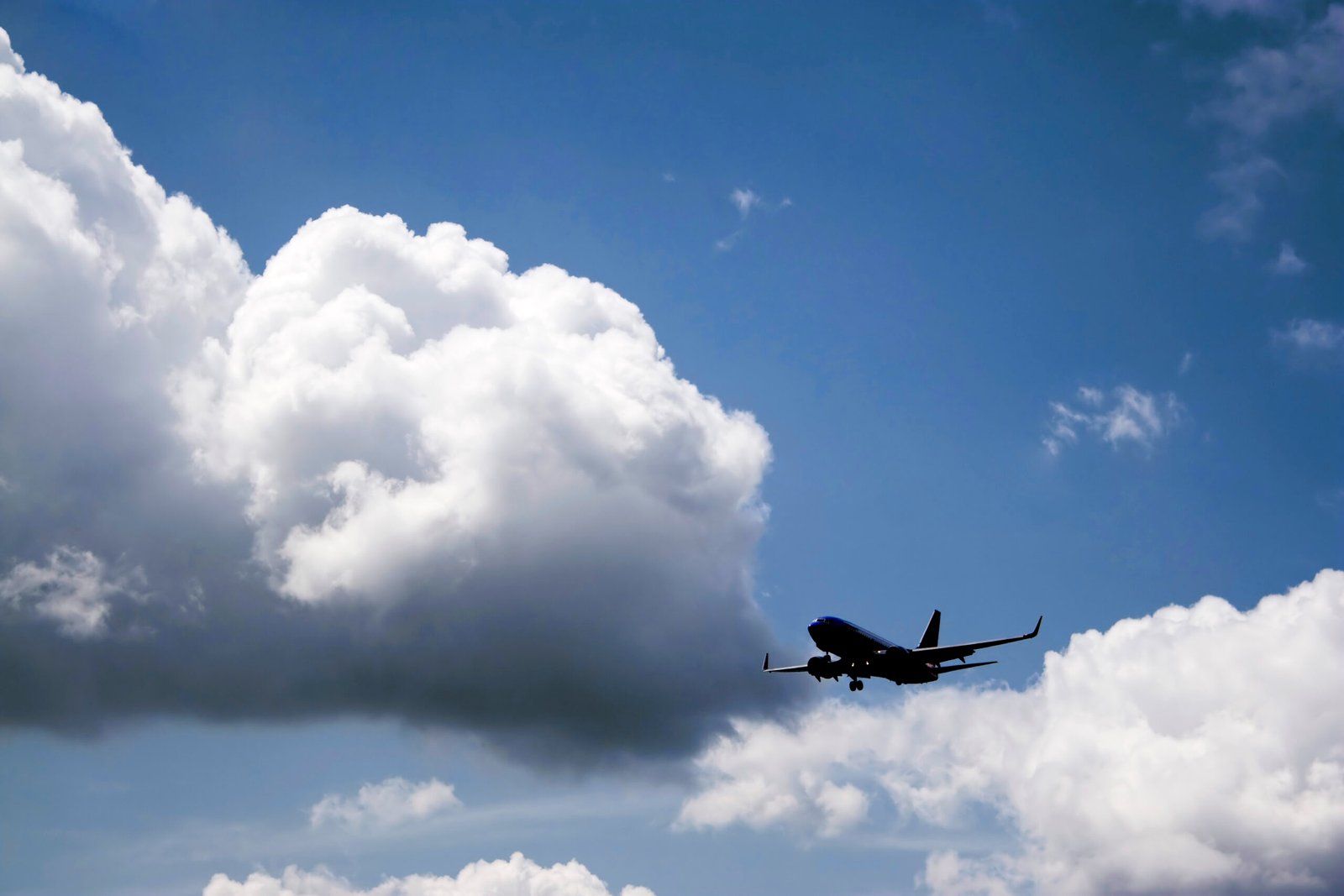
Drones represent another exciting frontier contributing to a more sustainable future in aviation. Their ability to perform tasks like aerial surveying, package delivery, and agricultural monitoring reduces reliance on traditional fuel-burning aircraft while minimizing environmental impact. As drone technology continues to advance—both in capability and regulatory acceptance—the potential applications expand exponentially.
Speaking of regulations, familiarizing oneself with FAA guidelines is crucial for anyone involved in aviation—whether they’re aspiring pilots or seasoned professionals seeking compliance information related to new technologies like drones. The FAA offers comprehensive resources online that detail safety protocols and operational standards vital for maintaining airspace integrity while fostering innovation.
As we look ahead at these emerging trends within aviation—from enhanced training methodologies utilizing cutting-edge simulators to the rise of eco-friendly drones—the horizon gleams with promise. The journey toward more sustainable air travel might seem daunting; however, each advancement brings us closer to realizing environmentally conscious solutions that benefit both our planet and future generations of aviators.
In conclusion, embracing sustainable practices isn’t just an option; it’s becoming imperative within the realm of flight operations worldwide. By leveraging technological advancements alongside educational opportunities available today—and staying informed through engaging blogs and resources—we can all play a role in nurturing greener skies ahead!
Soaring High: The Environmental Impact of Modern Aviation
In a world where air travel is both a marvel and a necessity, the intersection of aviation and technology has never been more profound. As aircraft soar through the skies, concerns regarding their environmental footprint have intensified. Yet, with innovation comes the promise of sustainability—especially in pilot training and operational efficiency.
Aviation training has transformed dramatically with the advent of advanced flight simulators. These high-tech machines replicate real flight conditions while minimizing environmental impact. Aspiring pilots can practice complex maneuvers without contributing to carbon emissions associated with actual flights. Flight simulators offer realistic experiences that not only enhance skills but also reduce the need for extensive flight hours in real aircraft, thus lowering fuel consumption during training sessions.
For those keen to delve deeper into aviation’s multifaceted universe, various online resources abound. A plethora of blogs and websites exist solely for aviation enthusiasts and professionals alike. Some notable mentions include “Airways Magazine,” which covers industry news and trends extensively; “Flying Magazine,” offering insights into flying techniques; and “AvWeb,” a go-to source for general aviation information. Social media platforms like Instagram and Twitter are equally buzzing with aviation content creators sharing their experiences from cockpit views to breathtaking aerial shots. Following hashtags like #AviationLovers or #PilotLife can connect you to a vibrant community passionate about all things flying.
Moreover, online courses have revolutionized how individuals pursue careers in aviation. Ground schools offer comprehensive programs that cover everything from aerodynamics to navigation—all from the comfort of your home! Institutions such as Coursera or Udemy host several accredited courses taught by seasoned professionals in the field. These learning opportunities prepare future pilots not just theoretically but also practically by providing necessary insights into regulations and safety protocols essential for modern aviators.
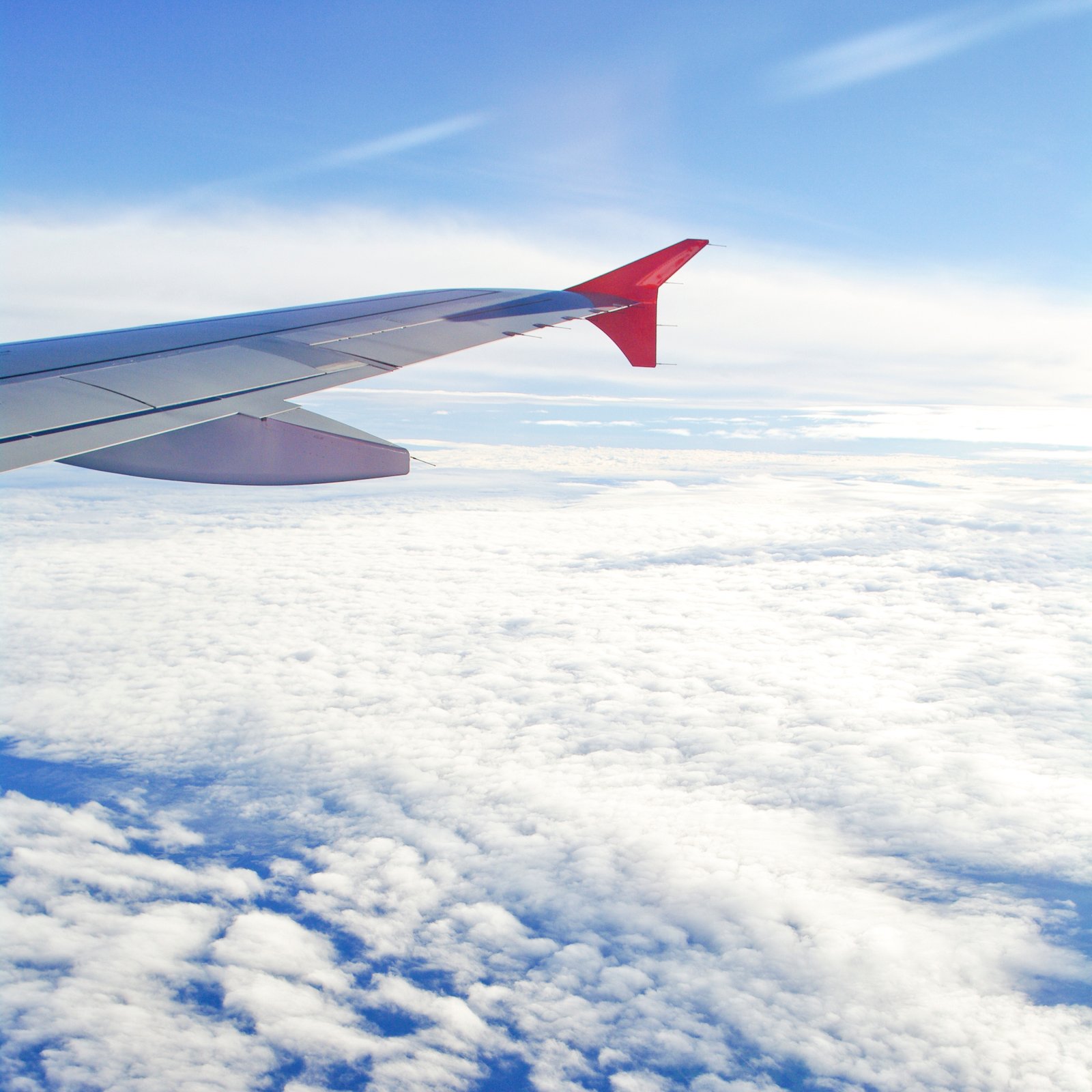
As we explore career paths in this sector, it’s important to note that becoming a pilot often leads to exciting job prospects across different sectors—commercial airlines, cargo transport, or even charter services. The FAA (Federal Aviation Administration) offers valuable resources on certification requirements and employment trends within the industry, ensuring prospective pilots are well-informed about their journey ahead.
In recent years, drones have emerged as another significant player in aviation technology, further complicating discussions around environmental impacts. Their ability to deliver packages efficiently reduces reliance on traditional ground transportation methods—a substantial contributor to greenhouse gas emissions. Moreover, drones are being utilized for agricultural surveillance, wildlife monitoring, and emergency response tasks—showcasing versatility while promoting eco-friendly practices.
The FAA continues its commitment to integrating unmanned aerial systems (UAS) safely into national airspace while addressing environmental concerns surrounding drone use. They provide guidelines that help balance innovation with ecological considerations—a crucial step as we navigate toward greener skies.
Ultimately, as we stand on the brink of an aviation evolution fueled by technological advancements and heightened awareness of our planet’s health, it becomes imperative that stakeholders remain committed to sustainable practices throughout every aspect—from training new pilots through simulations to embracing revolutionary technologies like drones.
So let us spread our wings responsibly! Embracing innovation today ensures that we soar high tomorrow—making air travel not just an experience but also a conscious contribution toward preserving our environment for future generations.

